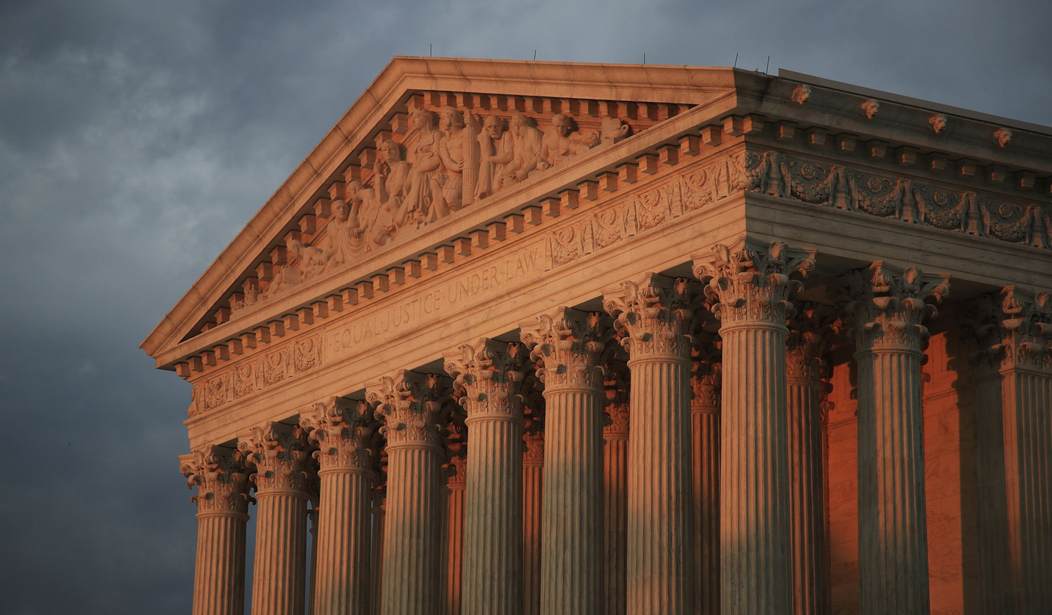While the Supreme Court is considering a Second Amendment case for the first time since the McDonald decision, anti-gun forces are concerned. They probably should be.
The liberal justices do have one argument on their side, though, one that might be persuasive. In particular, the case is now moot. New York City changed the law in question, and now the plaintiffs lack standing for such a suit.
Writing over at Fox News, Judge Andrew Napolitano addresses that argument.
“Standing” is a constitutional requirement of the existence of real adversity between litigants. Federal courts do not hear theoretical cases. They are required by the Constitution to hear cases and controversies in which the moving party can show that real harm has been caused by the responding party.
So, at the time of oral argument in the Supreme Court earlier this week, there was no such adversity between the gun owners and the city because the ordinance that the owners challenged no longer exists. Thus, the city asked the court to dismiss the appeal. Under usual circumstances, the court would do so.
In a famous New Jersey case, the lawyers finished oral argument before the Supreme Court and on their way out of the courthouse settled the case. That quick and amicable settlement divested the court of jurisdiction over the case because there was no longer a controversy and no one had standing to bring the appeal.
Will the New York City gun owners suffer the same fate? Perhaps not. There is a little-known and rarely used exception to the standing requirement — a judge-made exception — that holds that if a dispute repeatedly comes to the Supreme Court or if lower federal courts are repeatedly misinterpreting a Supreme Court decision, the Supreme Court will hear an appeal to stop the repeated appeals or to correct lower court misunderstandings, even if there is no adversity between the parties.
Have lower federal courts been misinterpreting the Heller and McDonald cases? Yes. By one study, they have ruled 96 percent of the time in favor of city and state gun restrictions in the home and against the pre-political nature of the right to self-defense.
Are there constitutional implications in this case beyond standing? Yes. Heller and McDonald uphold the right to keep and bear arms only in and around one’s home. If the gun owners in this New York City case prevail, that right could be extended to public places outside the home, where police acknowledge that armed and well-trained civilians are most valued today. Even New York City would need to respect that.
In such an instance, it behooves the Court to take a look at this law regardless of its current standing. It’s an opportunity to strike down a decade of lower court rulings that have completely ignored Heller and remind the lower courts who they’re supposed to defer to on the constitutionality of laws.
Of course, gun control advocates are pushing the standing issue, not because of some innate respect for the Constitution, but because they know damn good and well that any ruling would go against them. The fear is that it will be another landmark case where the Court rules in a way that shifts the gun debate, possibly to a point where the gun control endgame can never happen.
The Court needs to hold onto this case and rule on it, if for no other reason than to further clarify what should already be a simple matter. It seems that some in this country needed that clarification.








Join the conversation as a VIP Member